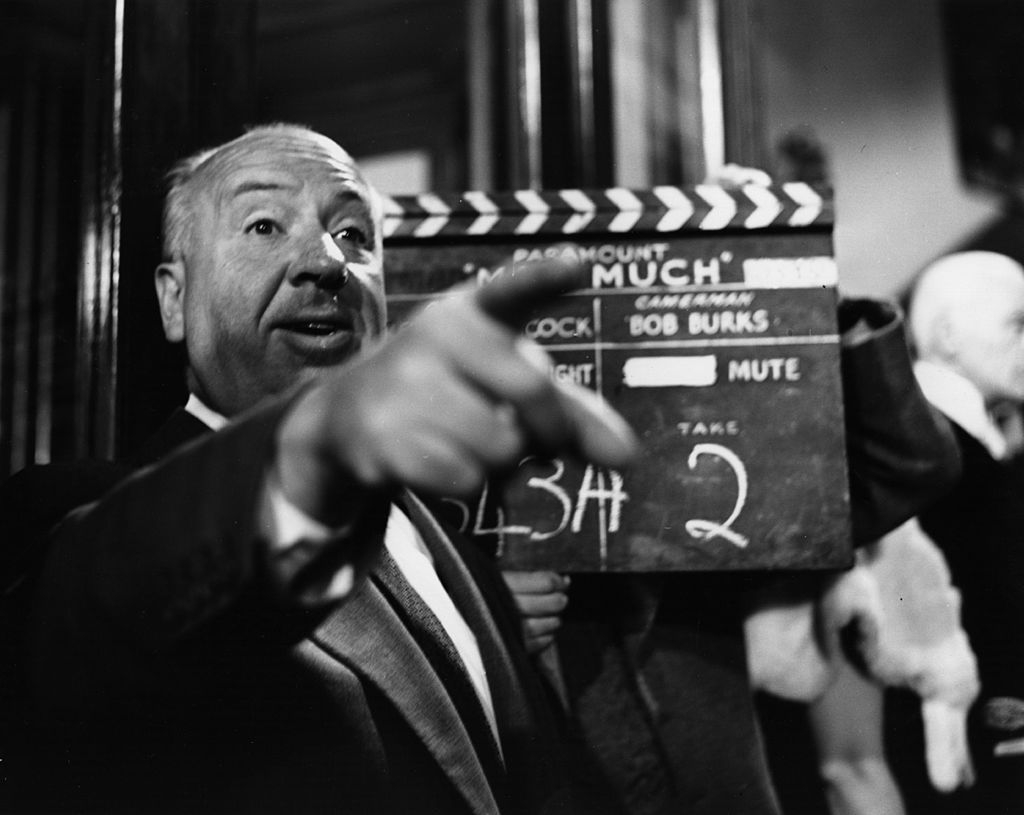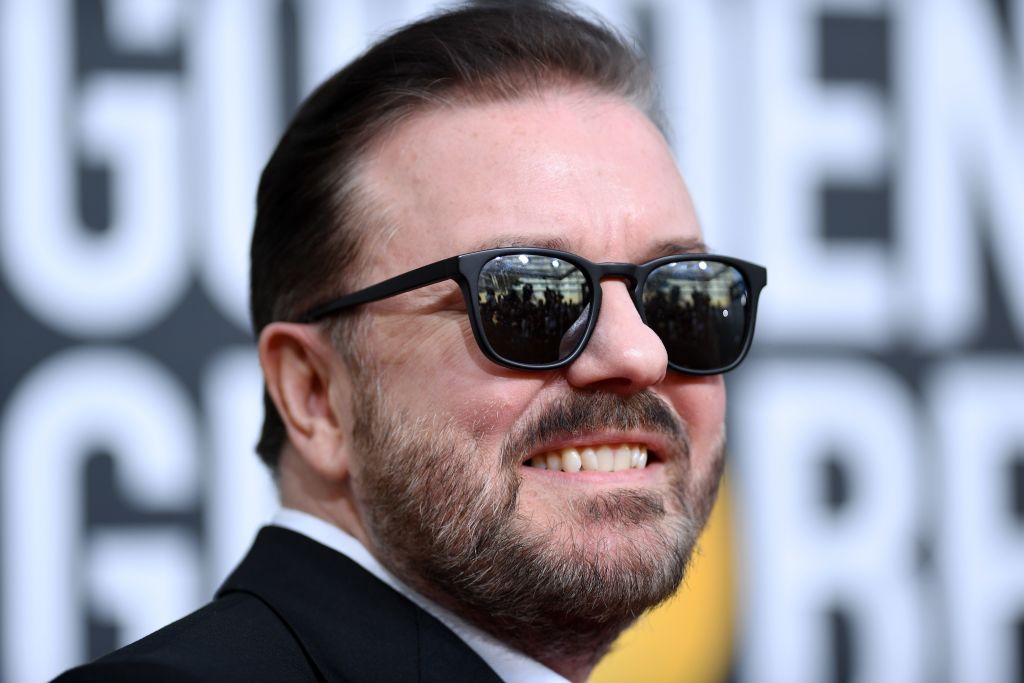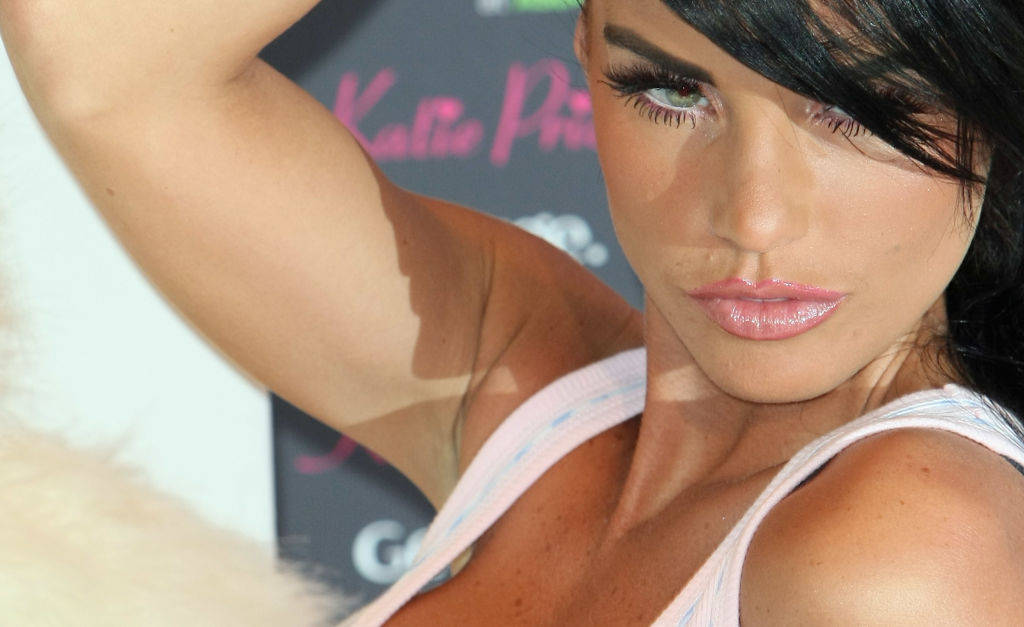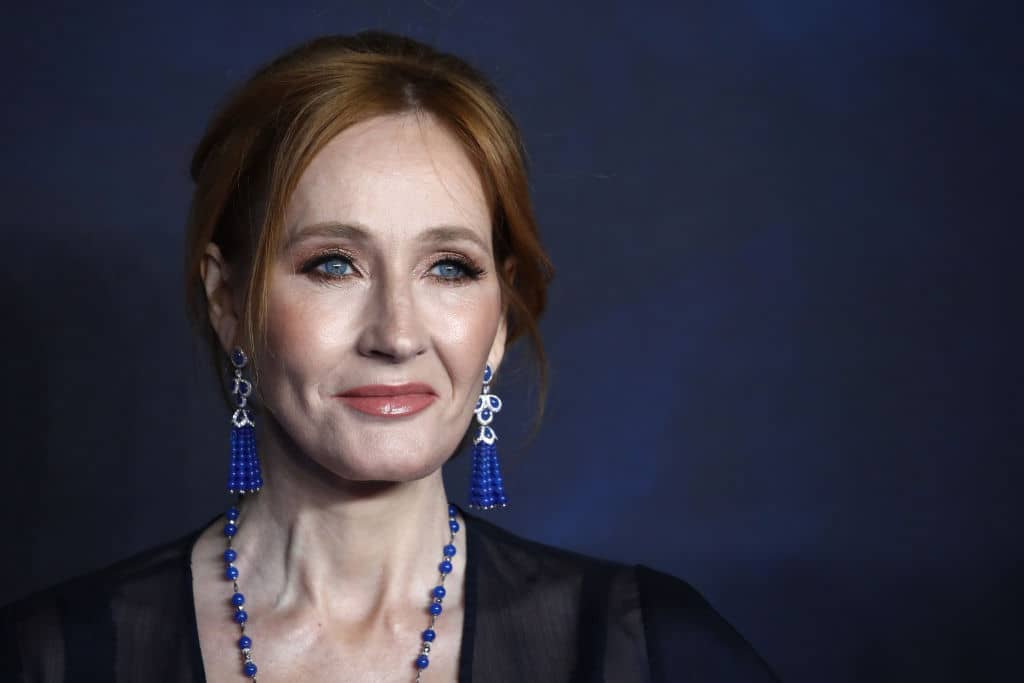Rarified cable TV channel Sky Arts has recently revealed its list of the top 50 most influential British artists of the last 50 years. Even in the crowded field of clickbaity lists, which usually contain at least one or two names calculated to raise eyebrows and hackles – ‘Octopussy is the best Bond film’ – this makes rum reading. As a list of some of the good and sometimes great British artists of the period, it’s fine, just about, if eccentric. As a list of people who are being lauded as influencing others on a grand scale it is downright peculiar.
We are told the list has been compiled by ‘expert judges’ – so it’s interesting as a snapshot of what our cultural betters in 2022 think we ought to think. The most immediately striking thing about the selections is how obviously and painfully compromised they are by identity considerations. Many of the entries are clearly a reward just for being a minority and showing up, so that people out there, in the grimly reductive phrase, can ‘see it and be it’. This is so patronising, like a deputy head giving you the effort prize and saying, ‘well done you’. I’ve been – slightly – in that position myself a couple of times, and at best you think ‘ah well, I’ll take that’, at worst it’s like you’re on castors being wheeled on stage to bolster the reputation of an institution.
You picture the experts playing Happy Families with identity characteristics written on the cards – ‘we still need a gay at 14 and an ethnic person at 32’ – and then, having built the perfect framework of characteristics, searching for names to attach to them.
Also, the time limit of 1972 to 2022 makes for some very questionable inclusions. So Alfred Hitchcock is in at a lowly 50. How can the internationally renowned master of suspense cinema hope to compete in influence with the lead singer of forgotten Britpop also-rans Skunk Anansie at 20, after all? This is despite him having made only two films in the 70s. But neither John Lennon nor Paul McCartney, who I believe had some notable artistic successes during this period and maybe a couple slightly before it, are on there.

I wish Siouxsie Sioux, Linder Sterling, Muriel Spark and Victoria Wood had been that influential – an ounce of their intelligence and genius would be very welcome – but I’m not seeing much of it anywhere about. Maybe there’s a whole world of Gothic cut-up mystic-Catholic art with jokes about verrucas and individual fruit pies that has somehow slipped me by?
The focus on authenticity and identity makes the choice of Bowie at number one very odd on the list’s own terms. Bowie was the pinnacle of fakeness – a lower middle class straight white boy from Bromley who constantly ‘appropriated’ other people’s ideas and identities and smashed them together with his own talent – writing catchy tunes – to create things that were much better than the originals. I don’t think the committee thought this one through. By their standards he should be the villain.
Luckily I don’t have Sky Arts’s constraints, so I decided to compile a list of the actual top ten most influential British artists of the epoch. Also, Sky Arts were talking about positive influence, and my list is an honest attempt to judge all influence, by scale, and not necessarily for better or for worse. My main criterion is that if you removed these specific people from history, the culture would likely look very different. I have just one crossover from the Sky top ten – though unlike them I find it hard to reconcile him being a ‘maverick’ with signing to EMI for eighteen million dollars – and I’ve moved up one other name from their lower rankings.
I haven’t done what I criticised earlier – throwing in a couple of names to cause a stampede – honest. Reality TV and self-promotion are a part of what our culture has become, and we must thank or damn, according to taste, its innovators.
David Bowie was the pinnacle of fakeness – a lower middle class straight white boy from Bromley who constantly ‘appropriated’ other people’s ideas
So my top ten are, in no particular order:
The Bee Gees:
They supercharged dance music
JK Rowling:
She is nowhere in the Sky Arts list despite her colossal influence, upending children’s literature entirely and throwing open adult minds to detailed fantasy worlds. I wonder why?
Ricky Gervais:
Changed the emphasis of comedy from big laughs to cringe.

Simon Cowell:
Commodified and corporatised pop music, reducing it to its bare basics.
Jade Goody:
Set the template for lives lived and died in public.
Katie Price:
Perfected the marketing of the self as the whole product – no actual ‘content’ needed.

David Bowie:
Led global music trends for over a decade, became the aspirational model for artistic status with a high return.
Diana Princess of Wales:
Yes, she was an artist and she changed fundamentally how we express ourselves.
Chris Morris:
His worldview seemed scary in 1996 but now is how many creatives think and speak
Alan Moore:
The first writer who took superheroes seriously – for which many thanks, maybe?
My bubbling unders who were not included on the Sky list? Alan Bennett, John Lydon, Freddie Mercury.
My list may not be perfect, but I dare to think it is a better summary of the cultural world as it is, rather than what we might wish it to be.







Comments